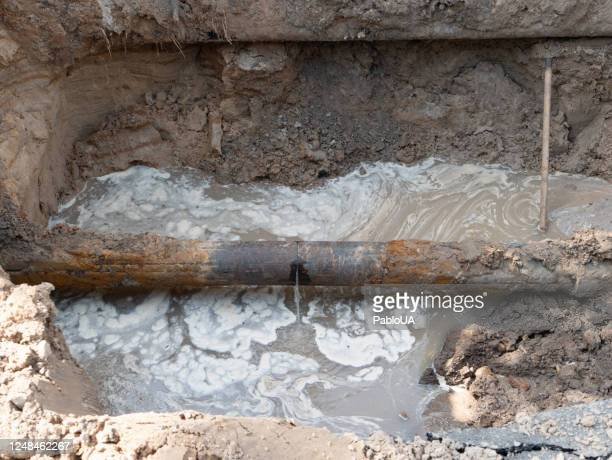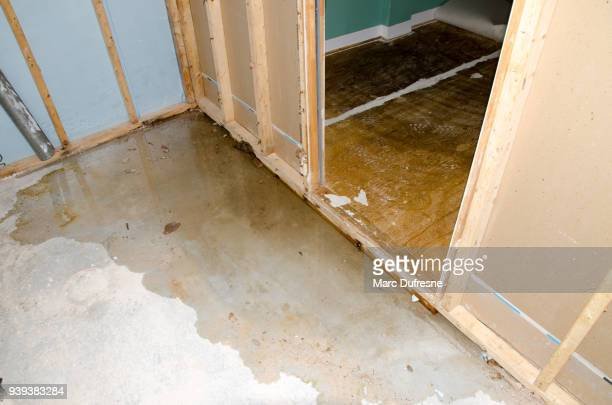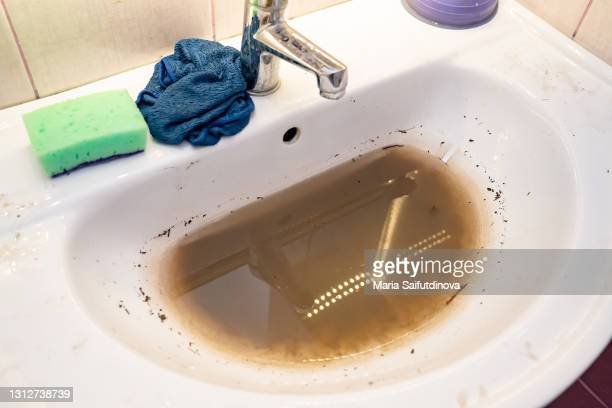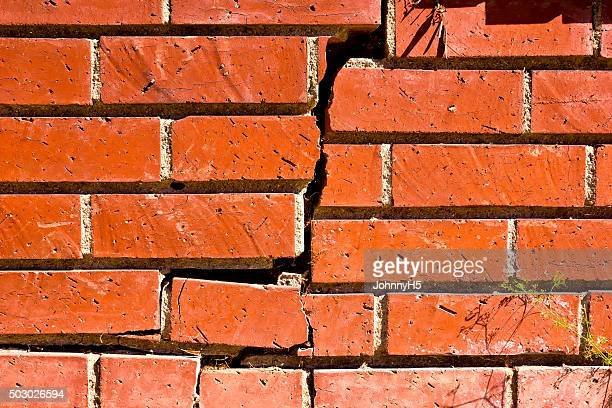Cast Iron Pipes: Common issues and when to consider replacement
/Cast iron waste pipes were once the go-to option for plumbing in homes and buildings. These pipes were durable and could handle the demands of waste and water disposal for decades. However, over time, cast iron waste pipes can develop issues that can lead to costly repairs and damage to your home.
Cast iron waste pipes were commonly used in homes and buildings from the early 1900s through the mid-1970s. These pipes were made by casting molten iron into a mold, which created a durable and long-lasting pipe. Cast iron pipes were favored for their strength and durability, but they also had drawbacks. One of the main issues with cast iron pipes is that they can become brittle and crack over time.
When cast iron pipes start to degrade, they can cause several problems for your home. The first sign of trouble is often a slow-draining sink or toilet. As the pipes become clogged with waste and debris, water will start to back up and cause drainage issues. If left unchecked, this can lead to sewage backups and other serious issues.
Another common issue with cast iron waste pipes is rust and corrosion, tree root penetration and broken or offset areas. Over time, the pipes can develop small cracks and holes, allowing water to seep out and cause damage to your home's foundation and walls. This can lead to mold and mildew growth, which can pose health risks to you and your family.
If you suspect that your home has cast iron waste pipes, it's essential to be proactive in detecting issues before they become major problems. A sewer scope inspection by a licensed home inspector or plumber can help detect issues with your pipes and identify potential problems before they cause damage to your home. During a sewer scope inspection, a small camera is inserted into your pipes to inspect their condition and identify any blockages or damage.
If issues are detected, it's essential to take action as soon as possible. Replacing cast iron waste pipes can be a costly and time-consuming process, but it's necessary to protect your home and ensure that your plumbing system is functioning correctly. A licensed plumber can provide guidance on the best course of action for your specific situation.
In conclusion, cast iron waste pipes were once a reliable option for plumbing in homes and buildings, but they can develop issues over time that can lead to costly repairs and damage to your home. If you suspect that your home has cast iron waste pipes, it's essential to have a sewer scope inspection performed by a licensed home inspector or plumber. Detecting issues early can save you time, money, and headaches down the road.











